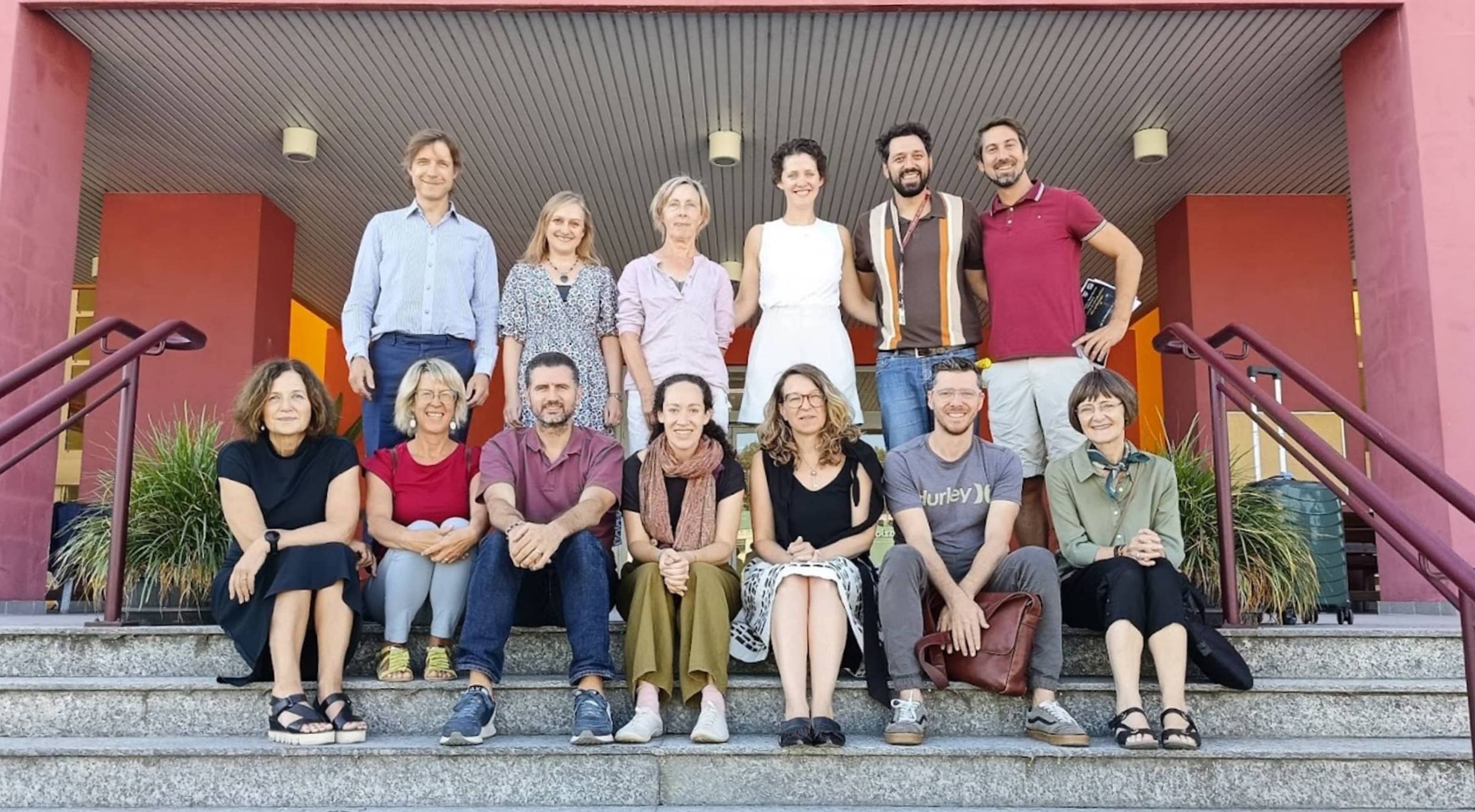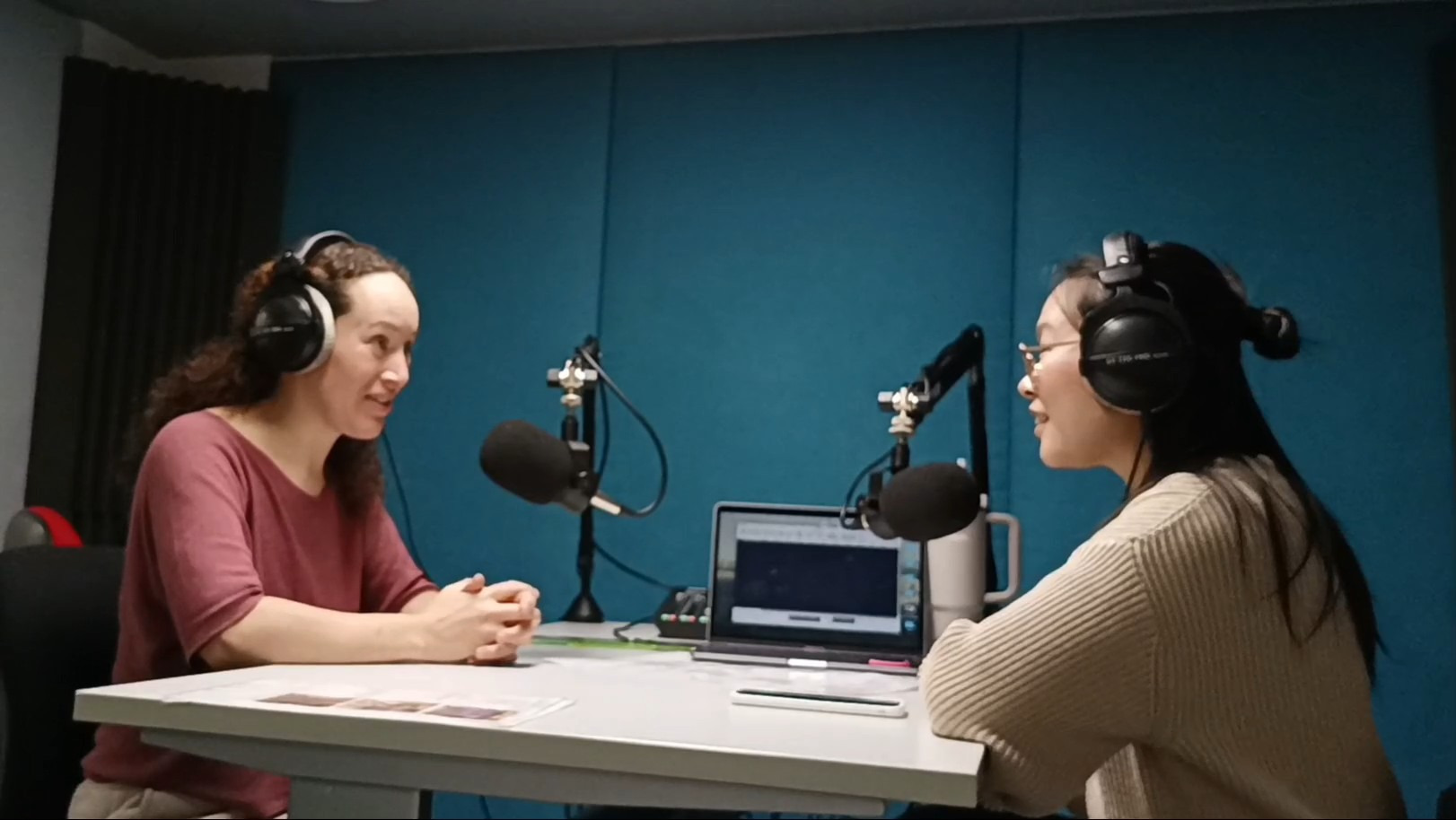Flow is a psychological state of deep concentration, intrinsic motivation, and absorption in an activity, during which external distractions fade and the individual is fully engaged in the task at hand. While extensively studied in humans, the concept is still new in animal welfare science. This Short-Term Scientific Mission (STSM) aimed to explore how flow-like states might be induced and assessed in pigs, contributing to LIFT COST Action’s goal of advancing tools for evaluating positive welfare.
During the three-month STSM at the Wageningen University & Research in the Netherlands, from January to April 2025, Fabiana De Angelis together with Giulia Ferroni prepared and piloted experimental tasks, refined training protocols, and tested behavioural measures to investigate flow-like states in pigs. The STSM was hosted by Liesbeth Bolhuis and Inonge Reimert from the Adaptation Physiology Group.
The first step of the study was to induce flow through three specifically designed tasks. In Task 1 (rooting), clay and egg trays were selected as substrates that sustain exploratory behaviour. In Task 2 (sliding maze), pigs learned to move an object through a rail, with added complexity tested successfully. In Task 3 (Whack-a-Mole), pigs responded to sound- and light-based cues; three difficulty levels were piloted to simulate boredom, flow, and frustration. Engagement varied across conditions, suggesting that the structure of the task effectively modulated pigs’ behavioural responses.
To evaluate whether pigs entered a flow-like state, we tested their resistance to distraction (ResToDis) during task performance. Various distractors (e.g., novel objects, lights, and sounds) were piloted to determine which types, timings, and placements were most suitable. The extent to which pigs resist these distractors serve as an indicator of their level of engagement, one of the key characteristics of the flow state. Preliminary observations supported this hypothesis: pigs more focused on the task were less easily distracted.
A competence task was also piloted to examine the relationship between increased competence and flow in the context of solvable vs. unsolvable challenges. Additionally, heart rate belts were tested to prepare for the physiological data collection planned in the upcoming experiment.
This joint STSM laid a solid foundation for identifying flow-like states in pigs, finalising methods and protocols for behavioural and physiological data collection. It also strengthened cross-country collaboration between Wageningen University and BOKU. The next steps will involve full-scale testing and dissemination of results, contributing to LIFT’s overarching goal of promoting scientifically grounded approaches to positive animal welfare.





